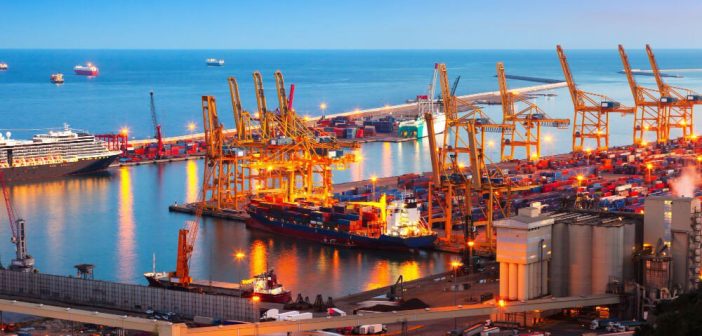Five industrial clusters from India, including the Mundra cluster in Gujarat, have joined the World Economic Forum’s (WEF) ‘Transitioning Industrial Clusters’ initiative. These clusters are among 13 new members aiming to accelerate the deployment of clean-energy infrastructure at scale worldwide. This announcement was made here on Wednesday during the Davos Summit.
The new members come from a diverse set of countries, including India, Australia, Brazil, Colombia, the Netherlands, Saudi Arabia, Sweden, Thailand, and the UK. The WEF report, published in collaboration with Accenture and the Electric Power Research Institute (EPRI), highlighted the importance of these clusters in driving the global clean-energy transition.
Indian Clusters Leading the Charge
Among the new industrial clusters from India, the fastest-growing major economy, the Mundra cluster is noteworthy for its integration of green power initiatives with infrastructure to support large-scale industrial projects. This cluster exemplifies India’s commitment to sustainable industrial growth.
The Mumbai Green Hydrogen cluster in Maharashtra is another significant addition. This cluster is focused on accelerating the green hydrogen economy by linking industries with sustainable energy sources, enhancing the state’s industrial ecosystem with cleaner alternatives.
The Kerala Green Hydrogen Valley is central to India’s decarbonisation efforts, particularly in scaling hydrogen-powered transport. This cluster aims to play a pivotal role in reducing the carbon footprint of the transportation sector.
Strategically located, Gopalpur Industrial Park provides an exemplary ecosystem to attract investments from sectors leveraging cutting-edge technology, including green energy. Its position makes it a key player in India’s sustainable industrial development.
Coordinated by AM Green, the port-anchored Kakinada cluster in Andhra Pradesh is working to provide industrial decarbonisation solutions, including green ammonia, hydrogen, and sustainable aviation fuel. This cluster highlights India’s innovative approach to addressing climate change.
Global Collaboration for a Sustainable Future
“Leading industrial clusters treat decarbonisation as a destination that must be reached collectively — one that has the potential to drive business growth and industry reinvention,” said Stephanie Jamison, Global Resources Industry Practice Lead and Global Sustainability Services Lead at Accenture.
Neva Espinoza, EPRI Senior Vice President of Energy Supply and Low-Carbon Resources, emphasized the importance of collaborative innovation. “The shortest path to technology deployment is the one paved through collaborative innovation,” she said.
“The addition of 13 industrial clusters to this global initiative reflects the vital importance of bringing all stakeholders together to deploy the advanced energy technologies, low-carbon fuels, and supporting infrastructure at the foundation of net-zero economies,” Espinoza added.
This initiative marks a significant step forward in the global effort to transition to a sustainable and clean energy future. With the collaboration of these industrial clusters, the path to decarbonisation and sustainable growth is clearer than ever.




